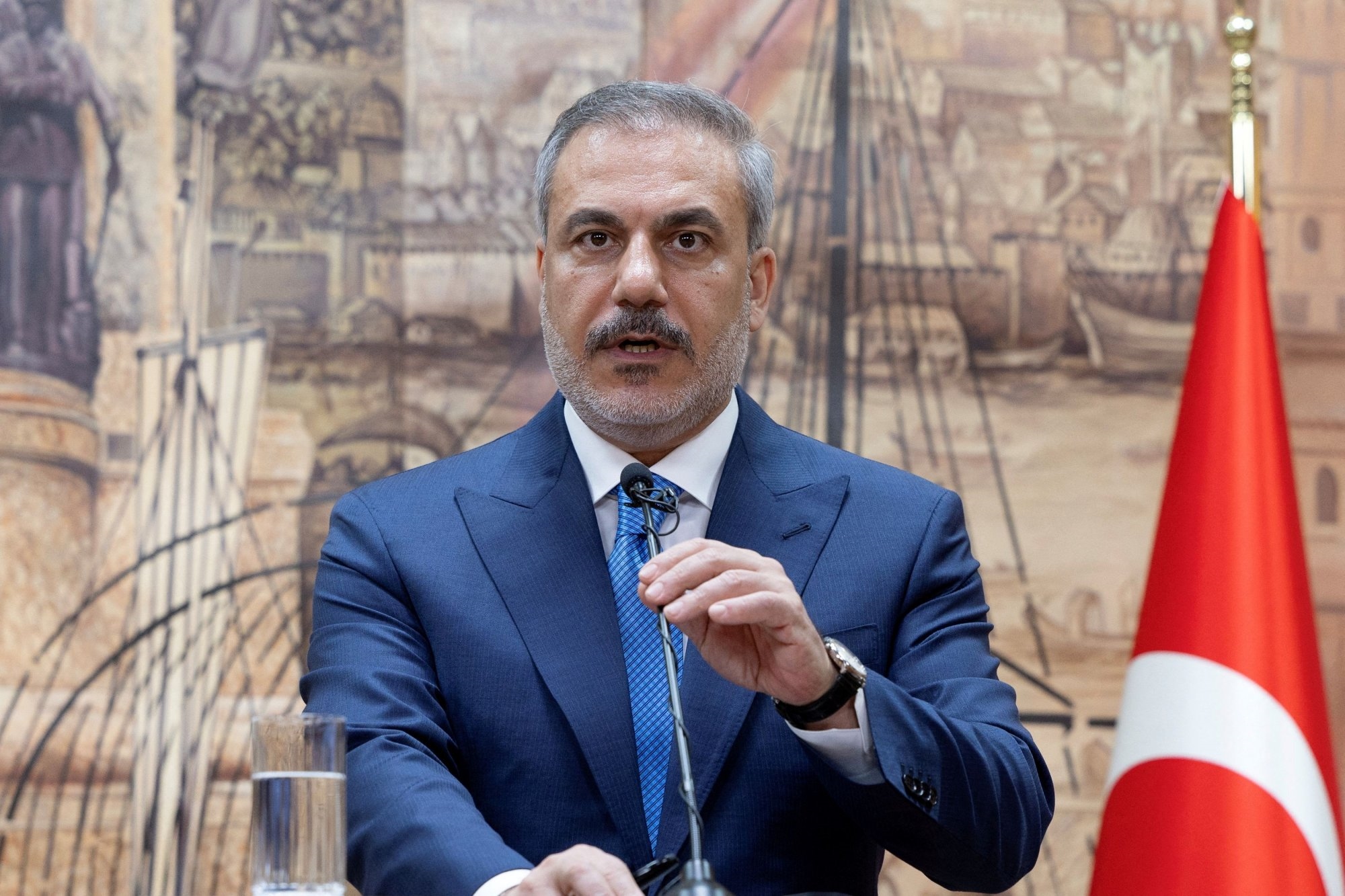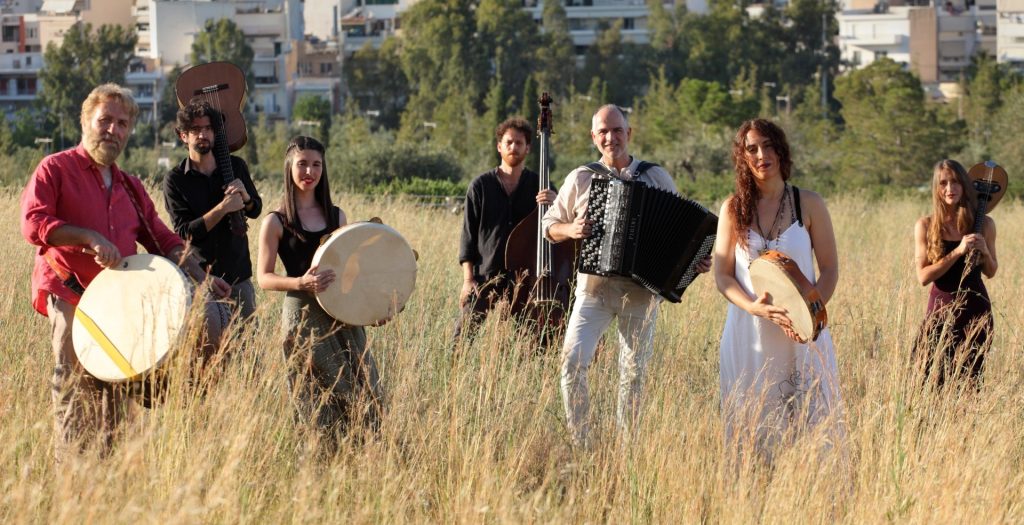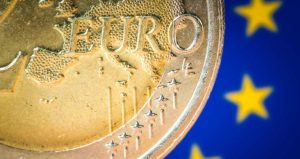With the European Council conclusions on Cyprus on the table, along with a clear message from the EU, Turkish Foreign Minister Hakan Fidan arrives in Brussels on Thursday to confer with his EU counterparts at their informal gathering.
“It is an informal meeting, and we will seek through our informal talks to see where we currently stand with Turkey and how we want to approach matters of mutual interest—among which Cyprus is crucial,” said Commission spokesman Peter Stano.
The discussion will center on the geopolitical challenges and opportunities for cooperation in the foreign policy field.
Geostrategically, closer cooperation with Turkey is in the EU’s interest, especially in the geopolitical context of the war in Ukraine and tensions in the Middle East, a European source noted. Turkey is a candidate country and is therefore required to align itself with the EU’s Common Foreign and Security Policy. Given Turkey’s very low alignment, which is currently below 10%, an informal and open exchange of views with the Turkish foreign minister is expected to be useful, especially given Turkey’s role as a regional actor in the Black Sea, the South Caucasus, and the Middle East.
Although the Gymnich meeting (as it is called) was originally scheduled to take place in Hungary, which currently holds the rotating presidency of the Council of the EU, Viktor Orbán’s ‘unruly’ behavior, and the contacts and missions he has undertaken that deviate from the bloc’s common line and values, caused High Representative Josep Borel – who is responsible for the choice of venue – to move the meeting to Brussels.
At the informal meeting (so called, because it is not taking place in the country that currently holds the presidency), Euro-Turkish relations are expected to be discussed over lunch, while it is not yet known whether ministers will be allowed to have their mobile phones with them or not.
At the previous Gymnich, held under the Belgian presidency, proposals to invite Fidan to participate met with resistance, since the EU had not adopted conclusions on the Cyprus issue. On this occasion, Nicosia has agreed to the Turkish foreign minister’s presence in Brussels in a gesture of goodwill.
Last April, Europe’s leaders stressed that the EU “attaches particular importance to the resumption and progress of the talks on settling the Cyprus issue, so as to further strengthen EU-Turkey cooperation. Recalling its previous conclusions, the European Council remains fully committed to a comprehensive settlement of the Cyprus issue within the UN framework, in accordance with the relevant Security Council resolutions, and in line with the principles on which the EU and its acquis are based”.
At the same time, the leaders stressed that the European Union stands ready to play an active role in supporting all stages of the UN-led process with all appropriate means at its disposal.
Turkish Foreign Ministry spokesperson Öncü Keçelisaid that the EU seems to recognize the need to improve relations.
“We welcome this invitation. We view it as the EU reaching out to talk,” he noted, adding that cooperation and dialog with the EU should be on a “permanent and systematic” basis.
However, while the meeting can help establish a positive climate and desire for further dialog, its informal nature means no decisions will be forthcoming.
Ukrainian Foreign Minister Dmytro Kuleba will also be in the Belgian capital to discuss the latest developments in the war, including Ukraine’s attack in the Kursk Oblast, with his European counterparts, while the situation in the Middle East will also be on the table.



